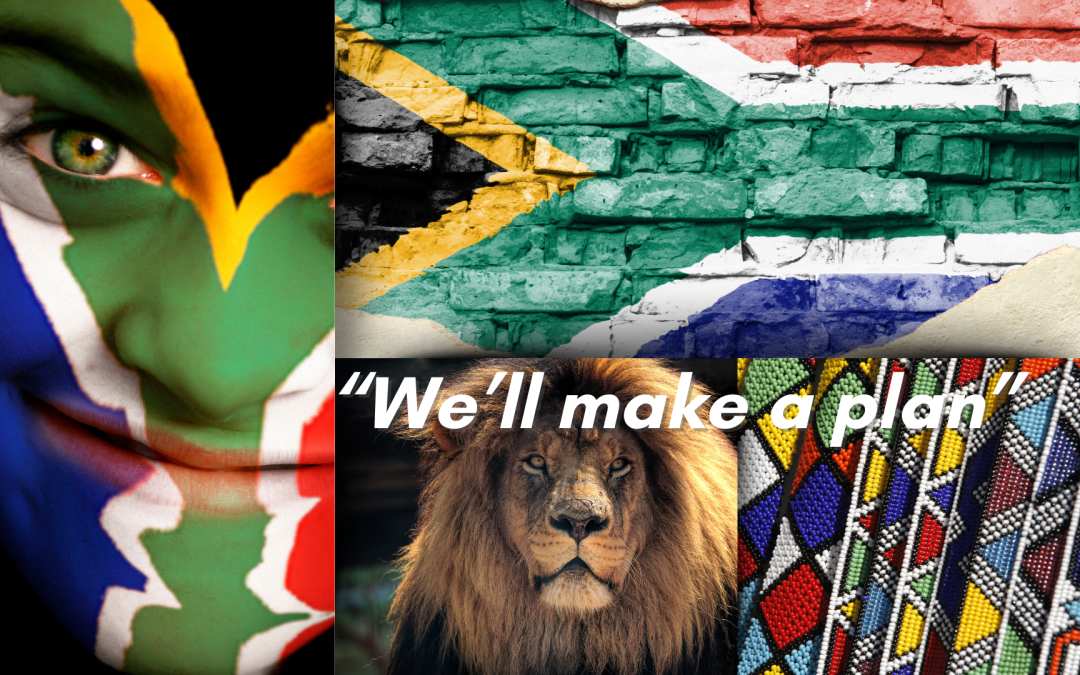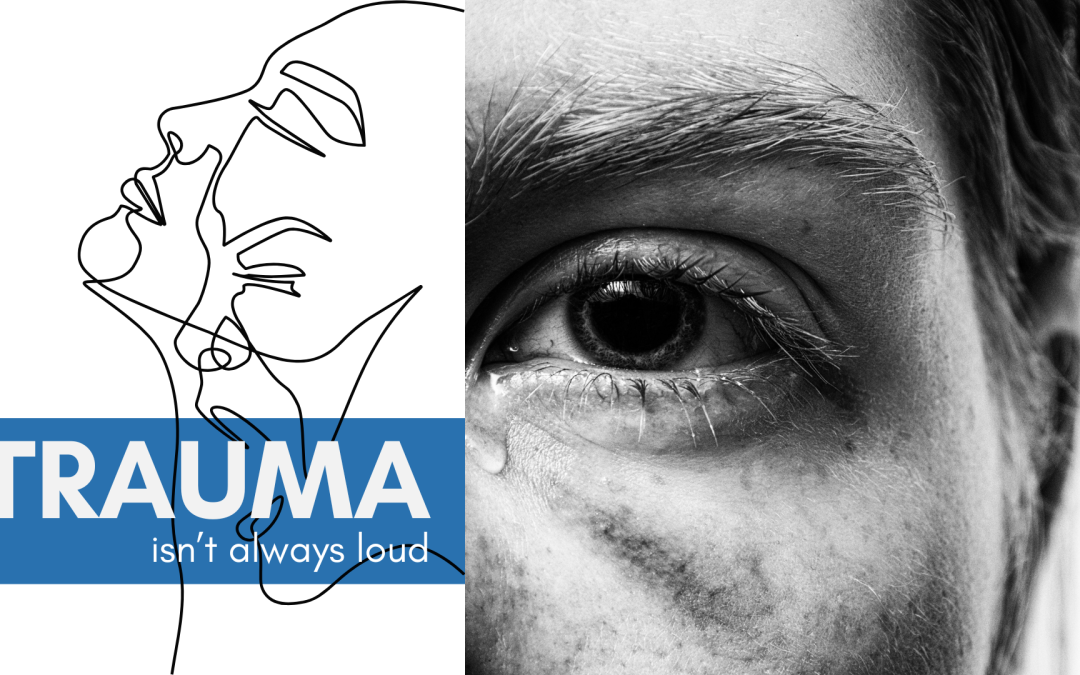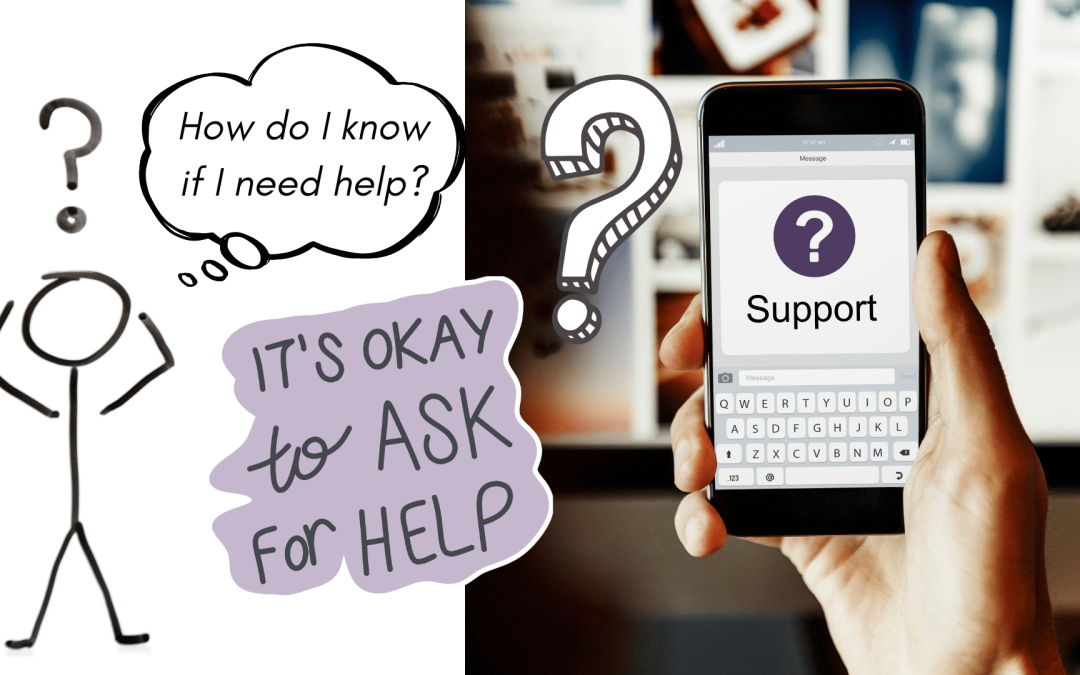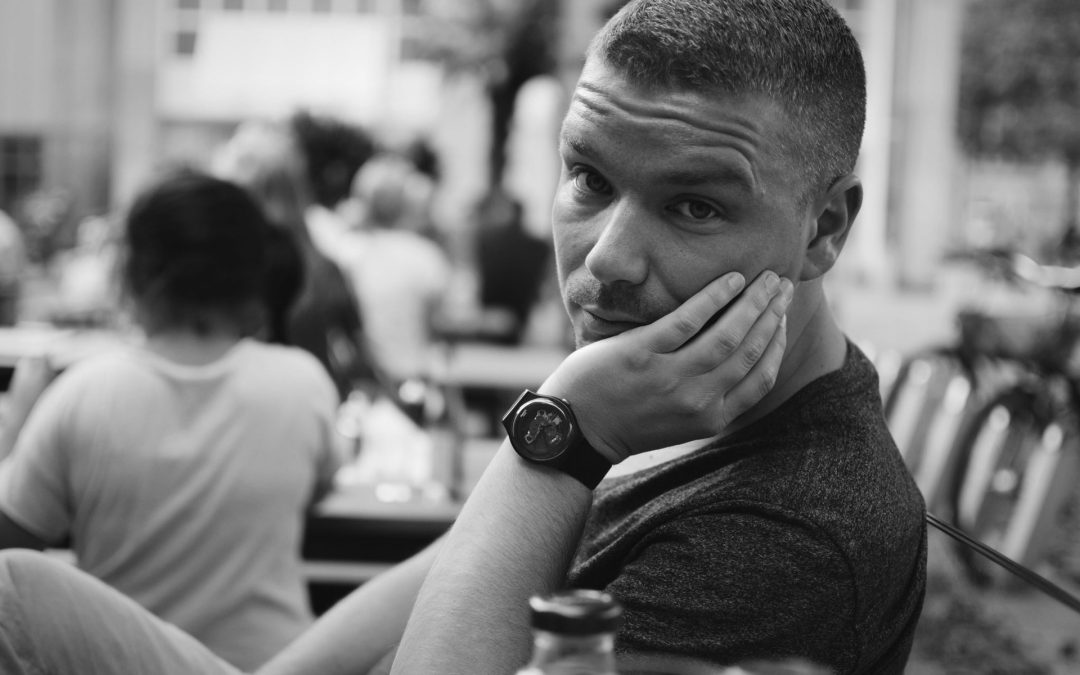
There Is Something Beautiful About the Problem-Solving Capabilities of South Africans
South Africans face challenges daily… in workplaces, families, schools, and communities. Resources are often stretched, opportunities feel limited, and yet, solutions keep emerging. Beneath the surface of frustration lies something remarkable: a deep and creative capacity for problem-solving.
The Everyday Story
It looks like this:
-
A teacher finding new ways to reach learners despite the odds being stacked against them.
-
A small business owner stretching limited resources to keep the doors open.
-
Families reshaping their priorities to ensure children are still supported and cared for.
-
Communities stepping in where formal structures fall short.
Internally, the voice often begins with doubt:
“I don’t know how we’ll get through this. It feels impossible.”
But then, the script shifts:
“Let’s try this instead. Maybe there’s another way. We’ll make a plan.”
Why It Matters
This ability is not just about survival. It is a form of innovation. It shows that creativity is not reserved for boardrooms or laboratories… it thrives in kitchens, classrooms, and community halls. It is resilience expressed as action.
South Africans Abroad
This same spirit is visible far beyond our borders. South Africans living abroad carry the same DNA of problem-solving into new contexts, in hospitals, schools, businesses, and homes across the world. Their ability to adapt, to find solutions, and to keep moving forward has opened doors not only for themselves, but for the communities they now serve.
They remind us that “making a plan” is not just a local trait. It is a South African contribution to the world.
Strategies We Can Learn From
-
Start with what you have: resourcefulness matters more than resources.
-
Look sideways: when the obvious path is blocked, turn to alternatives and networks.
-
Stay collaborative: solutions grow stronger when shared.
-
Ask different questions: instead of “Why me?”, try “What is possible here?”
When Problem-Solving Is Not Enough
There are limits. Constant problem-solving without support can become draining. When it feels like every solution is a temporary patch, it may be time to slow down, share the load, or seek outside help. Resilience is not only about pushing through… it is also about knowing when to pause.
Closing Thought
There is something beautiful about the problem-solving capabilities of South Africans, both at home and abroad. It is part of our DNA… to adapt, to innovate, and to keep moving forward. And the beauty is not only in the solutions we create but also in remembering we do not have to solve everything alone.












